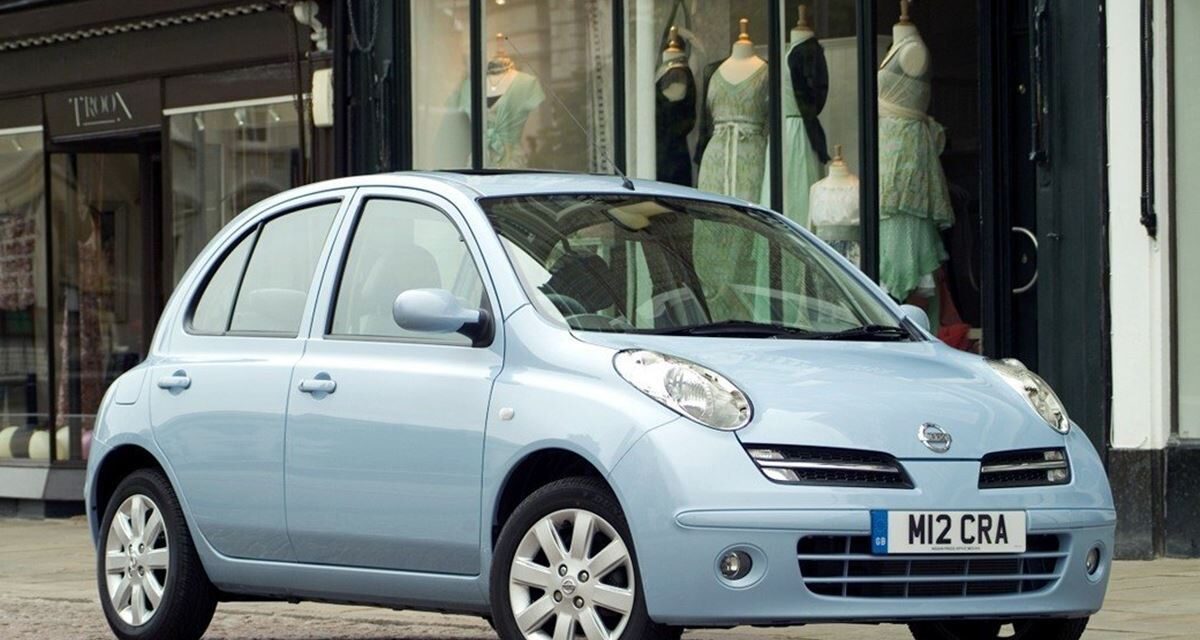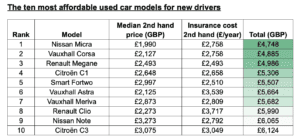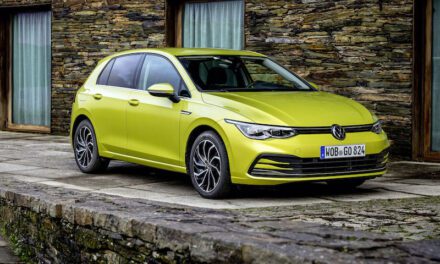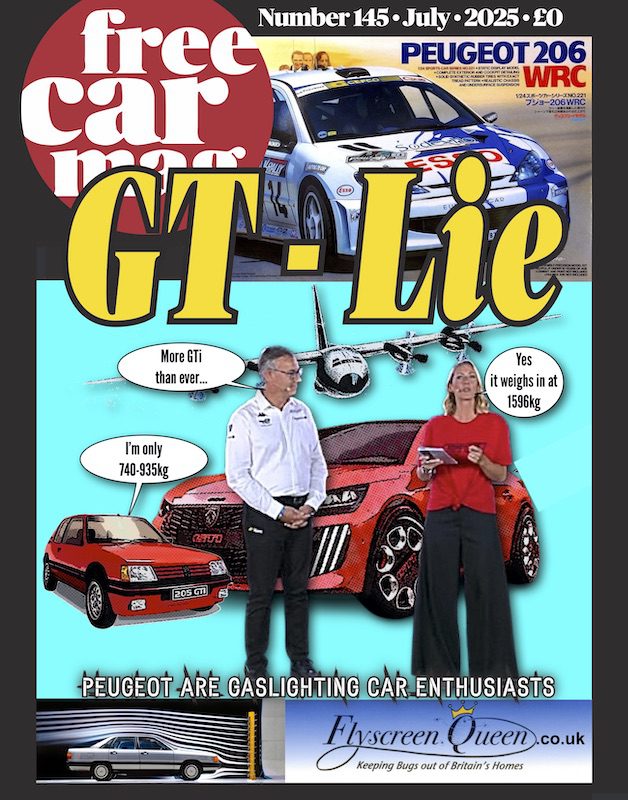The Nissan Micra is the cheapest car for new drivers, with an average second hand price tag of £1,990.
The Renault Megane has the lowest insurance estimate, at £2,493 per year.
The highest initial price tag in the top 10 is the Nissan Note at £3,273.
Connor Campbell, car insurance expert at Independent Advisor Car Insurance ranks the best cars for new drivers.
The Nissan Micra has been crowned the most affordable car for new drivers, according to a new study by Independent Advisor Car Insurance.
The Car Insurance experts studied the average second hand prices for popular car models, as well as insurance quotes for young drivers for each model, to determine the most affordable options for a new driver.
Of all the cars compared in the study,the Nissan Micra was found to be the most affordable option for new drivers, with an average second hand price tag of £1,990.
When combined with an estimated insurance cost of £2,758 per year, this brings the total to a reasonable £4,748.
With an identical insurance quote and an initial average price of £2,127, second in the rankings is the Vauxhall Corsa. This model also ranked as being the second most popular model in the UK with almost one million registrations.
In third, is the Renault Megane. The insurance estimate for a second hand Megane is the lowest of any model in the top 10, at £2,493. The purchase price is the same as the insurance cost for this model, bringing the total to £4,985.
The highest initial price tag of any car in the top 10 comes with the Nissan Note at £3,273. The insurance estimate of £2,792 brings the total cost to £6,065, putting the model in 9th place.
The Renault Clio had the highest insurance cost for any model in the rankings at £3,717. The lower initial cost of £2,273 puts this model in 8th place with a total of £5,990.
Connor Campbell, expert at Independent Advisor Car Insurance, provides his tips for young car buyers, and finding the best car model for you:
“Second hand car prices and insurance quotes can vary widely thanks to a range of factors. For new drivers, especially Gen Z, insurance premiums can be especially high. If you are considering buying a second hand car, there are some key factors to keep in mind:
Conduct your own insurance research: Obtaining insurance quotes for multiple models that you’re considering is wise, in order to ensure that you can afford both the car payments and the insurance expenses for the year. Insurance is dependent on many factors including age, location, and available home parking, so be sure to check and compare your quotes via comparison websites.
Pay attention to the insurance group: Every car belongs to an insurance group, numbered one to 50, that’ll make it more or less expensive to insure, with cars that fall into the lower groups being less expensive to insure than those in the higher groups. So, when shopping around for a second hand car, try and find one in a lower insurance group in order to keep the cost of your cover down.
Consider the nature of your driving needs: These should always be a deciding factor when buying your car. For instance, if you are planning to do a lot of city driving, a micro or a hatchback may be more suited to your use, as opposed to a coupe or SUV.
Factor in maintenance costs: Once you have decided on the type of car you are looking for, it is important to look into the running costs that it will incur. If you’re looking to have a cost effective and efficient car, these will often do more than 60mpg. Anything higher than 50 mpg can be regarded as good fuel consumption.
MOT and service history: If you have the registration, you can check the MOT history of any car online via the government website. However, the car’s service history may not be so easy to maintain if it isn’t provided by the seller. Most used cars should come with a service log book, so make sure to keep an eye out for this information.
Once you get your car, be sure to maintain it: After going through the lengthy process of researching and buying your car, maintaining it is the key to getting as much life out of it as you can, as well as keeping prices down. Some easier things you can do to maintain the health of your vehicle include; checking the tyre pressure and keeping this at an optimal level for your vehicle, change the engine oil at adequate intervals, change the coolant as needed, and finally, never ignoring any warning lights (should they appear) on your dashboard.”












